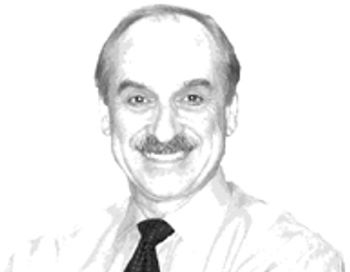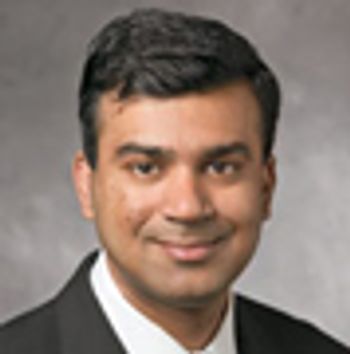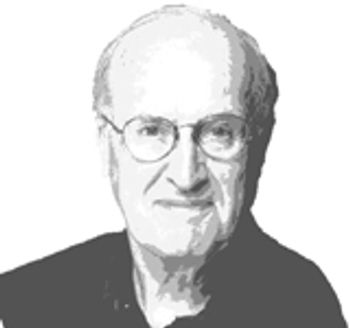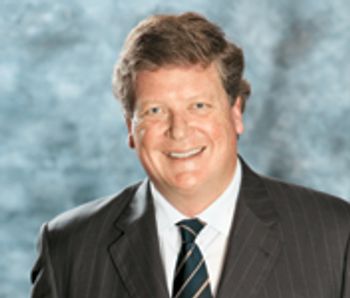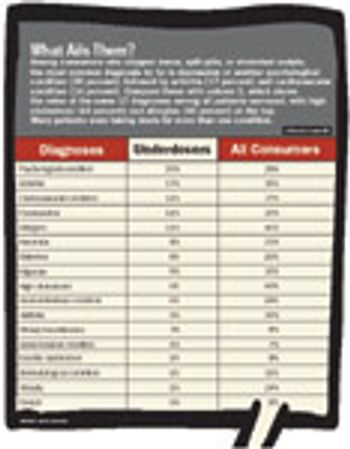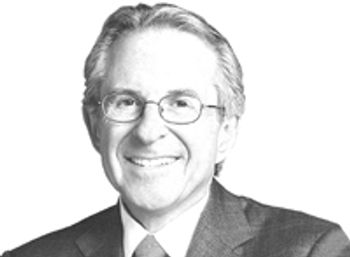
Pharmaceutical Executive
Gardasil embodies the kind of links between science, commercialization, and humanity that typify great pharma breakthroughs. It turned a medical success story into a campaign of empowerment. Merck used visionary science to produce a vaccine with the potential to eradicate the third-most-common cause of cancer worldwide, and taught girls how to talk about sensitive issues.

